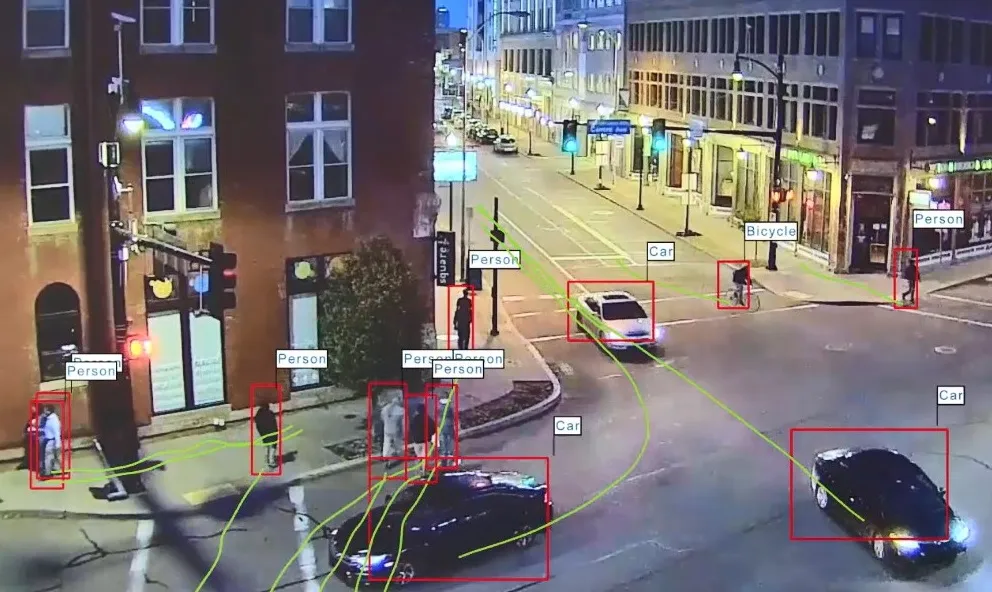With real-time information on traffic speeds and travel times for more than four million miles of roads in 40 countries, Inrix XD Traffic improves accuracy and offers detailed traffic information for every 250 metres on every major road type and class, resulting in the best insight for transportation agencies and urban planners for improving a city's road network performance.
"We are delighted to be partnering with PTV Group, one of the world's leading traffic management software providers," said Rafay Khan, SVP Sales & Product at Inrix. "Not only are we integrating our real-time data with PTV Group's cutting-edge analytics tool and greatly enhancing its coverage, we have also embarked on joint commercial activity to drive traffic management solutions worldwide. With urbanisation on the rise, traffic management is a critical component of any city, and this partnership makes us best placed to combat urban mobility problems and play a leading role in the development of smarter cities."
"PTV Group selected Inrix as a strategic partner on account of its superior traffic data from a wide variety of sources, its growing international presence, the fact that it can innovate quickly and because it has strong commercial partnerships in a number of vertical markets," said Miller Crockart, vice president Global Sales & Marketing Traffic Software, PTV Group. "We are looking forward to developing commercial opportunities together with Inrix and we are on track to announce our first joint customer, which will use a combination of Inrix XD Traffic and PTV Optima, by the end of this year."
PTV Group and Inrix partner on smart cities
PTV Group and Inrix are to collaborate on smart city solutions that will use big data and demand-based modelling software to solve urban mobility problems worldwide. As part of a multi-year global agreement, PTV Group is integrating Inrix XD Traffic into PTV Optima, its state-of-the-art tool for traffic prediction.
With real-time information on traffic speeds and travel times for more than four million miles of roads in 40 countries, Inrix XD Traffic improves accuracy and offers detailed traffic informat
September 9, 2014
Read time: 2 mins








